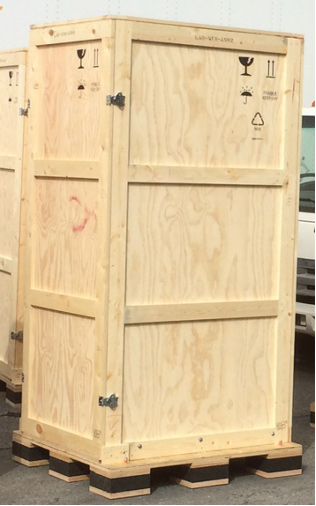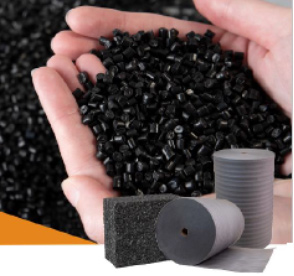As tech waste grows, circular recycling provides a path to reduce disposal challenges by redesigning, reusing and repurposing materials.
For large enterprises, waste has become a colossal problem, especially for industries like technology with high material turnover. Unlike smaller businesses, large tech companies can’t “buy their way out” of waste through offsetting programs. Instead, they’re tasked with finding suitable and sustainable solutions.
Circular recycling refers to a model within a circular economy whereby material usage is reduced, materials are redesigned to be less resource-intensive, and waste is recaptured for the manufacture of new products and materials. Within the circular economy, circular recycling is a sustainable solution that aims to reduce waste by keeping materials in use for as long as possible.

With more than 5,000 data centers, the US is home to the most data centers globally. While they house large amounts of data and equipment, data centers also produce massive amounts of electronic waste, also known as e-waste. The Environmental Protection Agency (EPA) estimates data center e-waste at 2 million tons annually, representing four percent of all e-waste globally.
Packaging waste from IT equipment comprises about two percent of municipal landfill waste. Plastic, paper and metal are among the most common types, making data centers substantial contributors to landfill waste.

Given the sheer amount of waste they produce, businesses aren’t just sitting back letting it accumulate. According to McKinsey, 400 large US companies have committed to net-zero emissions targets by 2050. One way they’re achieving these aggressive goals is with circular recycling.
Circular recycling looks beyond standard recycling processes and emphasizes reusability and waste reduction at the source through innovation and design. More so than traditional recycling, the model is heavily focused on refurbishing and redesigning materials to keep them in use and out of landfills longer. Specialized Packaging Group (SPG) is a protective packaging company that is leading the way with manufacturers to contribute to this model. The group’s efforts to manufacture reusable packaging products have led to a 96 percent recycling rate for the materials used, diverting waste from landfills and creating a sustainable approach to packaging and waste management.
Data centers require heavy-duty packaging to transport servers securely. Server racks are often packed in wooden crates that can weigh between 2000 and 3000 pounds, which presents challenges for disposal and recycling. It’s not uncommon for SPG to receive 25-30 full trucks of packaging waste each day, which represents only a portion of the waste data centers produce. To further complicate the issue, landfills will often refuse waste from data centers due to too much volume or bans on materials like plastic or Styrofoam.
In response to these challenges, SPG offers reusable packaging products and alternative materials that are tailored to meet clients’ specific needs. This includes solutions like crates, boxes, and shock-absorbent materials that can be used repeatedly to minimize waste and achieve cost savings. As an innovative alternative to single-use packaging for server racks, SPG created a metal suspension system with air bags that can be used more than 50 times.
As a pioneer for the thoughtful design and reuse of materials, setting the stage for how the tech industry approaches packaging, SPG is expanding its circular recycling program. It launched initially in a new Midwest facility where it was tested for nearly a year.
Based on its success, SPG plans to expand its circular recycling model and will launch more programs in additional facilities across the U.S. The response to this program underlines the need for the tech industry to adopt sustainable approaches across business operations and invest in larger-scale waste management programs.
The circular recycling model represents a proactive and long-term solution for the tech industry to reduce waste, support environmental efforts and contribute to shaping a more sustainable future as a model for other industries.
For more information, visit https://spgpackaging.com/
About the Author:
Paul Budsworth is CEO of Specialized Packaging Group (SPG), one of North America’s largest independent protective packaging providers. He previously held senior leadership roles at Diversey Care, Sealed Air, and Unilever.
Scott Ellyson, CEO of East West Manufacturing, brings decades of global manufacturing and supply chain leadership to the conversation. In this episode, he shares practical insights on scaling operations, navigating complexity, and building resilient manufacturing networks in an increasingly connected world.